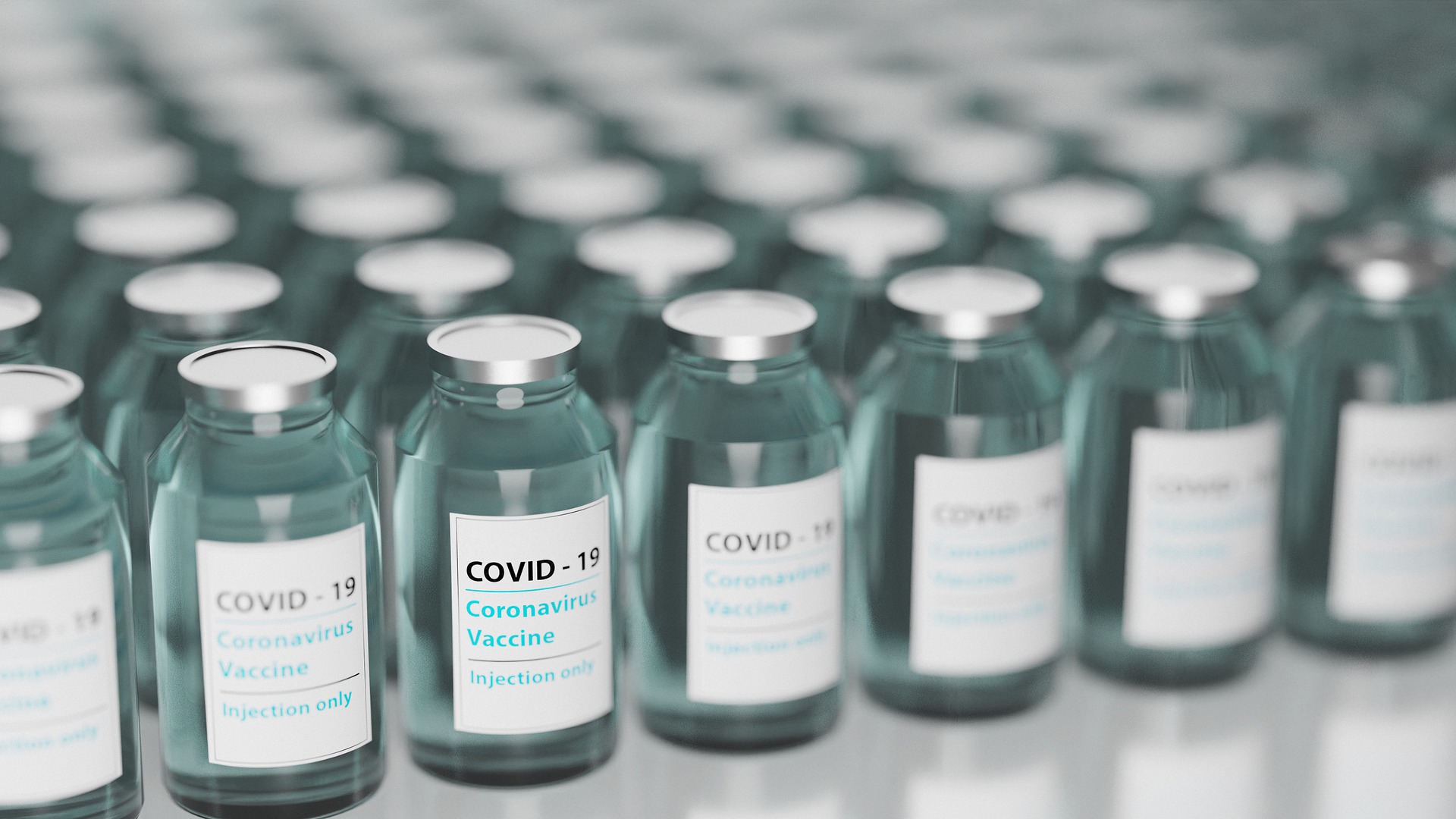News release
From:
Increasing the portion of COVID-19 vaccines donated from high-income countries to low-and-middle-income countries to 46% of the former’s total supply could lead to substantial decreases in mortality in low-and-middle-income countries, and protect against new strains and pandemic waves worldwide, according to a modelling study in Nature Human Behaviour. These findings emphasize that global vaccine equity is essential for suppressing pandemic waves caused by new variants, and can be practically achieved by immediate and more-generous vaccine donations to low-and-middle-income countries.
The global distribution of COVID-19 vaccines is imbalanced, with high-income countries (HICs) receiving a far greater share than low-and-middle-income countries (LMICs). This inequity has resulted in continued, high rates of infections and deaths in LMICs, whilst the recent emergence of new variants of SARS-CoV-2 threatens advances made by HICs in disease control and economic recovery.
Using a mathematical model, Qingpeng Zhang, Daniel Zeng and colleagues project the consequences of vaccine inequity over five years, against the backdrop of evolving strains of SARS-CoV-2 and global mobility. Although inequitable vaccination leads to a faster decline in mortality in HICs in the first year, it extends the duration of the pandemic globally. HICs become vulnerable to rises in infections after the first year, as a higher probability of emerging strains in LMICs increases the risk globally. Conversely, equitable vaccine allocation strategies can substantially curb the spread of new strains and provide greater benefits to both HICs and LMICs. Increasing vaccine donations to 46% of total HIC vaccine supply would lead to substantial decreases in mortality in LMICs and could protect all countries against new strains and pandemic waves.
The authors conclude that these findings emphasize not only the value of examining the long-term influence of vaccines on the emergence of new strains of SARS-CoV-2, but also the need to improve global vaccine allocation strategies. In an associated News & Views, Dan Yamin states that “subsidizing COVID-19 vaccination in LMICs is a practically sound, moral obligation of HICs — and it also happens to be in their own self-interest.”



 Australia; New Zealand
Australia; New Zealand



